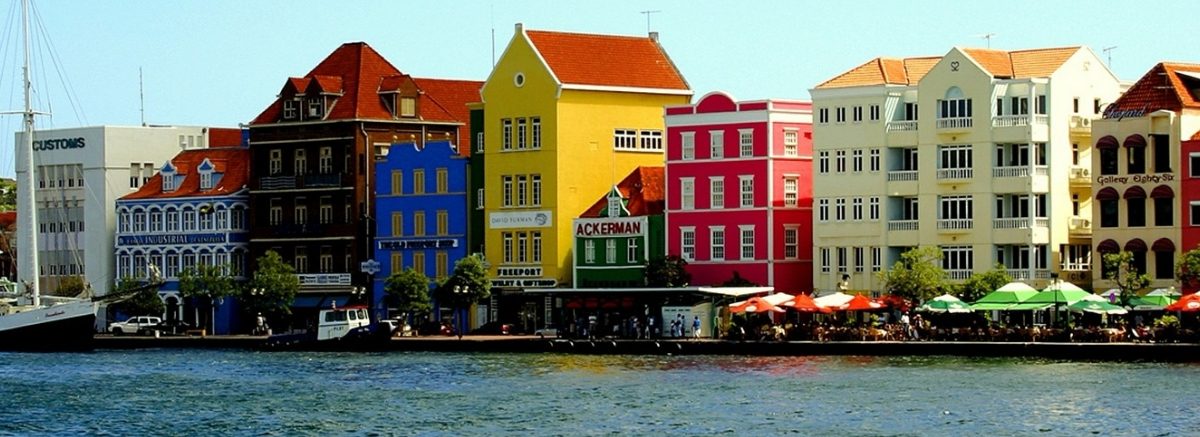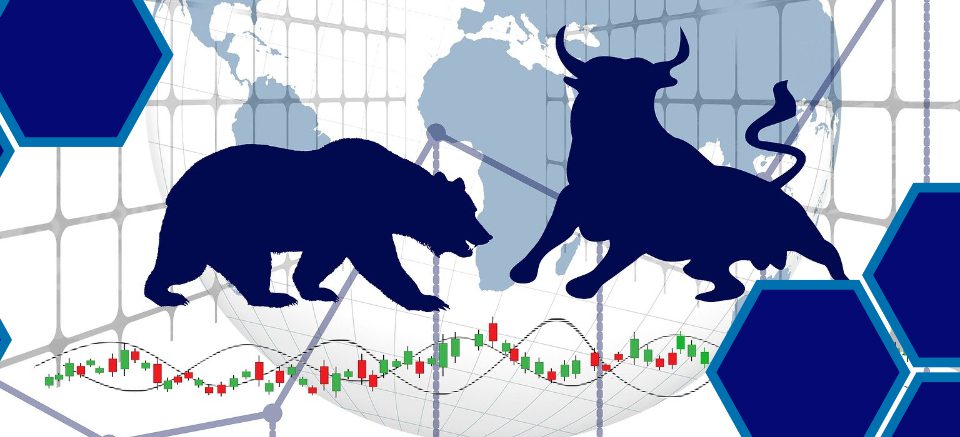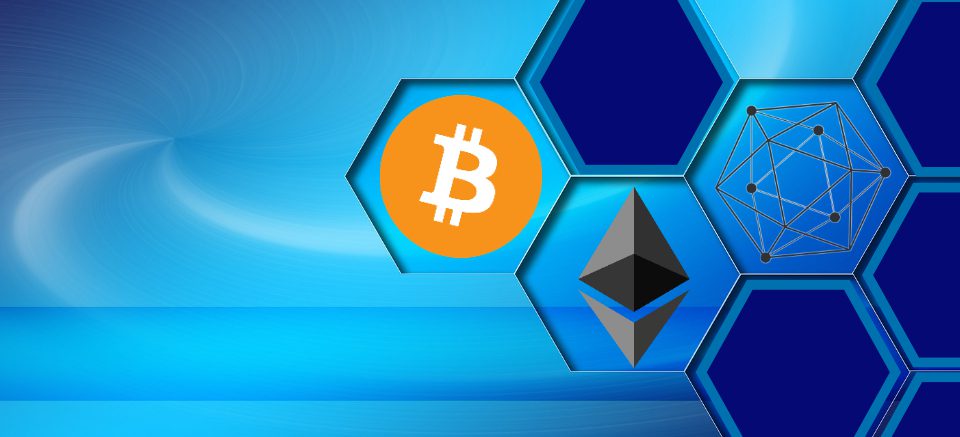- Contact us
- +599-9 461 4545
- info@dcsx.cw
Curaçao’s Securities Listings

Beginners in Trading Part 3
February 13, 2018
What’s in a Stock? Part 1
February 13, 2018Curaçao’s Securities Listings

Publication 11. 2017
“The only way to permanently change the temperature in the room is to reset the thermostat. In the same way, the only way to change your level of financial success ‘permanently’ is to reset your financial thermostat.” T. Harv Eker
Fact: Curaçao’s local exchange (Dutch Caribbean Securities Exchange or DCSX) is called a securities exchange and not a stock exchange. Can you fathom the reason why? Hmm… Indeed, you have guessed right!
It is because they offer more than just stocks to the public for listing and trading. While stocks are oftentimes the core asset available for trading on an Exchange, there are a number of other security types that can be traded. These may include gold, oil, and commodities such as wheat and even pork belly. Yes, you’ve read that correctly! Trust me, the list can be quite creative and interesting. Locally on the DCSX, you can trade not only stocks but also bonds, fund shares and soon depositary receipts (“DRs”). Let’s look at each in turn.
Bonds – these are debt instruments where the buyer will lend money to an entity – usually a company or the government – who then borrows the money for a fixed period of time at a variable or fixed interest rate with the intention that they will return the borrowed money to the lender at the maturity of the fixed time period. These type of assets are usually less risky than stocks and as such are normally the preferred recommendation to risk-averse investors or individuals who are new to the investment world. A discussion on risk will be explored in future publications.
Then you have Shares of Funds, which are units of ownership in a Fund. A fund is where investors’ monies are pooled to buy investable assets. As expected, not all Funds are the same, there are Funds that invest only in bonds – these are called Bond Funds, there are Funds that invest only in stocks and you can also find Funds that invest in a mixture of both. Of course, there are other exotic types like Hedge Funds, ExchangeTraded Funds “ETFs”, Specialty Funds, Funds of Funds, etc. The types of Funds that exist are broadened constantly by the ingenuity of people who create them! Technically any combination of securities is possible. Of course, Fund Shares are a usual staple on the DCSX list of securities.
Shares of companies, or more familiarly stocks, are units of ownership in a company. Owning a stock means that you have ownership rights to the profit and revenue of the company. Because there is no maturity date where the invested monies are promised to be returned to the investor, like in the case of the bonds, stocks are usually considered riskier than bonds.
Finally, the Exchange can also list DRs. This is a special type of local security that can be issued by the DCSX and that represents for instance ownership in a foreign listed company. Think for instance of the international darlings like Google or Apple. What this will do is bring these international stocks to the local level directly accessible to the local investors so that they will be able to buy these stocks as if it were a locally listed stock here on the DCSX. I am sure you are getting quite excited about this, and rightly so. As are we! And if it not yet clear to you, don’t worry. In the coming issues, we will discuss each security type in turn so that you can get a deeper understanding of the opportunities and risks that each listing type offers.
This editorial is presented to you by the DCSX with the collaboration of Vertex Investments.
Author of this publication: Stephanie Shaw CFA, MBA.




